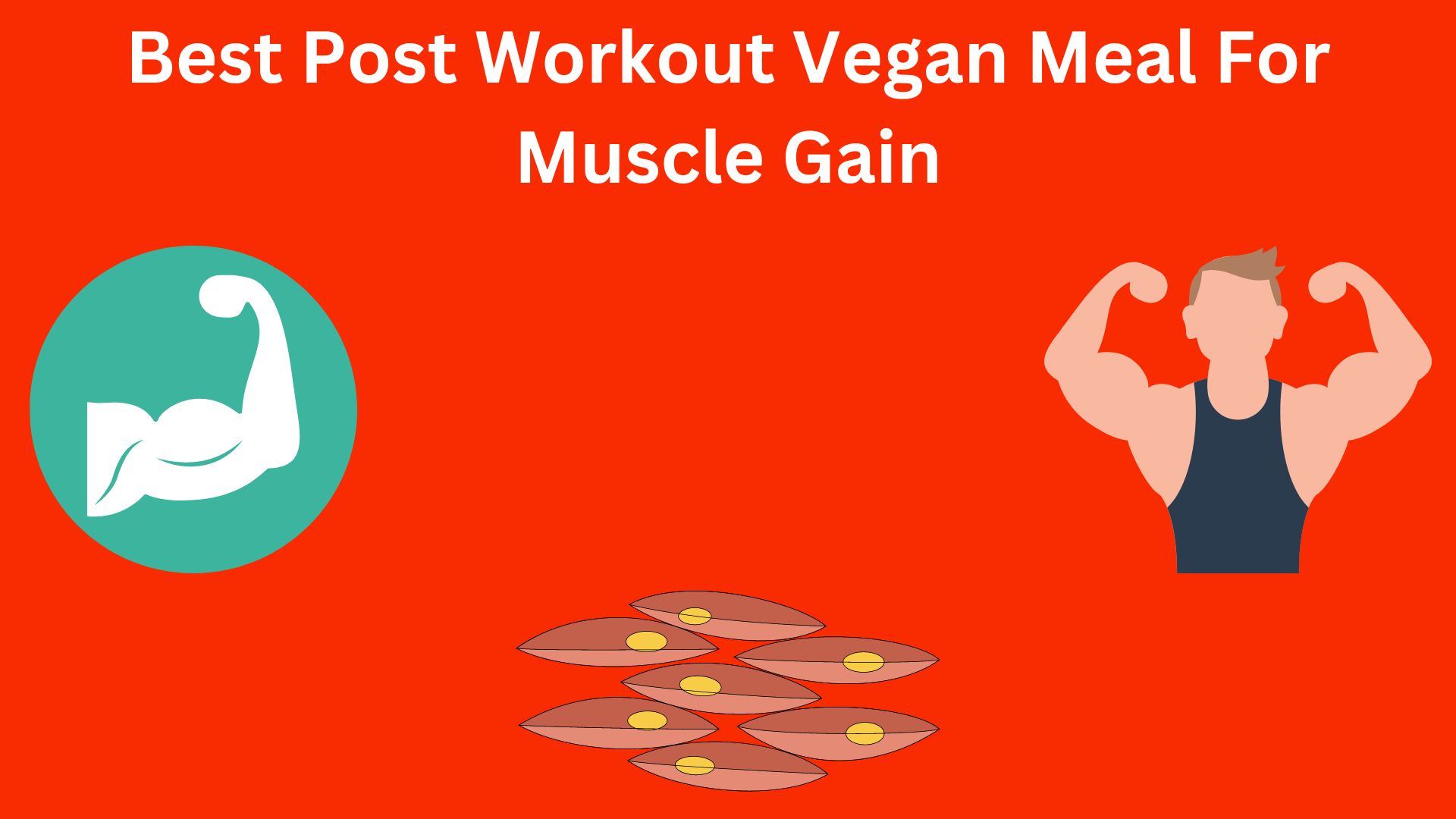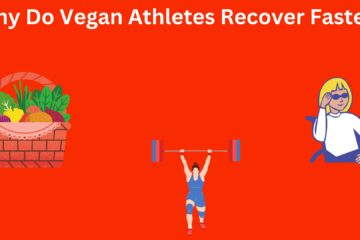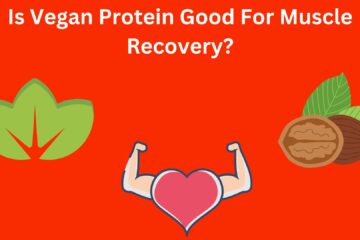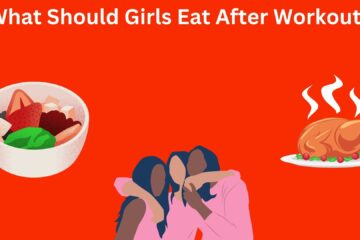Welcome to our blog about the greatest vegan post-workout meal for muscle gain! If you’re a vegan seeking to bulk up, you might be wondering what to eat after your workouts to aid in muscle healing and growth.
While animal products such as meat, dairy, and eggs are commonly regarded as the “gold standard” for muscle-building protein, with the appropriate balance of nutrients and calories, it is feasible to gain muscle on a vegan diet. In this blog, we will look at the greatest vegan post-workout meal options for muscle gain, as well as some crucial factors to consider.
It is critical to remember that muscle building necessitates a calorie surplus, which means consuming more calories than you burn. This can be difficult on a vegan diet because plant-based meals are typically fewer in calories than animal goods. However, it is possible to stimulate muscle building on a vegan diet with careful planning and the correct combination of nutrients.
This article will go through the greatest vegan post-workout meal options for muscle gain, including high-protein plant-based sources, healthy fats, and complex carbohydrates. You can boost muscle repair and growth and reach your muscle-building goals on a vegan diet by integrating these nutrients into your post-workout meals.
7 Post-Workout Vegan Meal Options For Muscle Gain
1. Tofu stir-fry with brown rice and vegetables
Tofu is a high-protein plant-based protein source, while brown rice is a complex carbohydrate that can offer energy while also supporting muscle rehabilitation and growth. For extra nutrients, mix with a variety of vegetables.
2. Quinoa and bean burrito with avocado
Quinoa is a high-protein grain that can aid in muscle rehabilitation and growth, whereas beans are a protein-rich plant-based protein source. Avocado can be added for healthy fats and protein.
3. Tempeh and sweet potato bowl with steamed vegetables
Tempeh is a high-protein fermented soy food, and sweet potatoes are a complex carbohydrate that can offer energy as well as help with muscle rehabilitation and growth. Steamed vegetables can be added for extra nutrients.
4. Vegan protein smoothie with soy milk, banana, and nuts
Soy milk is a high-protein plant-based milk that can aid in muscle rehabilitation and growth, and nuts are a plant-based source of protein and healthy fats. Add a banana for more complex carbohydrates and minerals.
5. Chickpea and vegetable curry with brown rice
Chickpeas are a high-protein plant-based protein source, and brown rice is a complex carbohydrate that can offer energy while also supporting muscle recovery and growth. For extra nutrients, mix with a variety of vegetables.
6. Grilled tofu and vegetable skewers with quinoa
Tofu is a high-protein plant-based protein source, whereas quinoa is a high-protein grain that can aid in muscle rehabilitation and growth. For extra nutrients, mix with a variety of vegetables.
7. Black bean and sweet potato burrito with guacamole
Black beans are a high-protein plant-based protein source, and sweet potatoes are a complex carbohydrate that can offer energy as well as aid in muscle rehabilitation and growth. Guacamole can be added for healthy fats and protein.
5 Important Considerations For Vegan Muscle Gain
1. Adequate protein intake
On a vegan diet, it is critical to ingest adequate protein for muscle rehabilitation and growth. Aim for at least 0.8 g of protein per kilogram of body weight every day, or more if you’re an athlete or attempting to bulk up.
2. Adequate calorie intake
To gain muscle, you must ingest more calories than you burn, which can be difficult to do on a vegan diet. Consume calorie-dense plant-based foods and increase your portion sizes or add extra snacks as needed to meet your calorie requirements.
3. Healthy fats
Healthy fats found in avocados, almonds, and olive oil can aid in hormone production and muscle rehabilitation. Include healthy fats in your meals and snacks to help boost muscular growth.
4. Complex carbohydrates
Complex carbs like nutritious grains, vegetables, and fruit can offer energy while also promoting muscle repair and growth. To encourage muscle building, incorporate complex carbohydrates into your meals and snacks.
5. Nutrient-dense foods
It is critical to consume a range of nutrient-dense plant-based foods to support muscle building on a vegan diet. To receive a variety of nutrients, incorporate a variety of vegetables, fruits, whole grains, beans, lentils, tofu, tempeh, nuts, and seeds into your diet.
Frequently Asked Questions On Best Post Workout Vegan Meal For Muscle Gain
Beans, lentils, tofu, tempeh, nuts, and seeds are some of the greatest vegan protein sources for muscle gain. These high-protein plant-based protein sources can aid in muscle rehabilitation and growth.
In addition to protein, a vegan diet must include adequate calories and healthy fats to promote muscle growth. Healthy fats found in avocados, almonds, and olive oil can aid in hormone production and muscle rehabilitation. Complex carbs like nutritious grains, vegetables, and fruit can offer energy while also promoting muscle repair and growth.
A protein intake of 0.8-1 gram per kilogram of body weight per day is advised for muscle gain. This equates to 56-70 grams of protein per day for a sedentary adult. A larger protein intake may be required for athletes and anyone striving to gain muscle.
It is feasible to gain muscle on a vegan diet without using supplements, as long as you consume enough protein and calories from entire, plant-based meals. However, some vegans may choose to supplement their protein and vitamin needs with protein powders or amino acid supplements.
Consume calorie-dense plant-based foods such as nuts, seeds, avocados, and coconut oil to ensure you get enough calories for muscle gain on a vegan diet. To achieve your calorie requirements, you may need to increase your portion sizes or add more snacks to your diet. To ensure that you are ingesting enough calories for muscle gain, keep track of your food consumption and evaluate your weight and body composition. If you are having difficulty meeting your calorie requirements, consider consulting with a licensed dietitian or sports nutritionist to help build a food plan that suits your individual needs.
Conclusion
In conclusion, with the appropriate combination of nutrients and calories, it is feasible to gain muscle on a vegan diet. It is critical to take a post-workout meal that contains high-quality protein, healthy fats, and complex carbohydrates to aid in muscle healing and growth.
On a vegan diet, plant-based protein sources such as beans, lentils, tofu, tempeh, and nuts can be effective sources of protein for muscle growth.
Healthy fats found in avocados, almonds, and olive oil can aid in hormone production and muscle rehabilitation. Complex carbs, such as whole grains, vegetables, and fruit, can offer energy while also aiding in muscle rehabilitation and growth.
You can support muscle repair and growth on a vegan diet and reach your muscle-building goals by integrating these nutrients into your post-workout meals. It’s vital to remember that muscle growth necessitates a calorie surplus, so you may need to raise your overall calorie intake to assist muscle growth. You may gain muscle on a vegan diet and enhance your general health and well-being with careful planning and the correct balance of nutrients.



